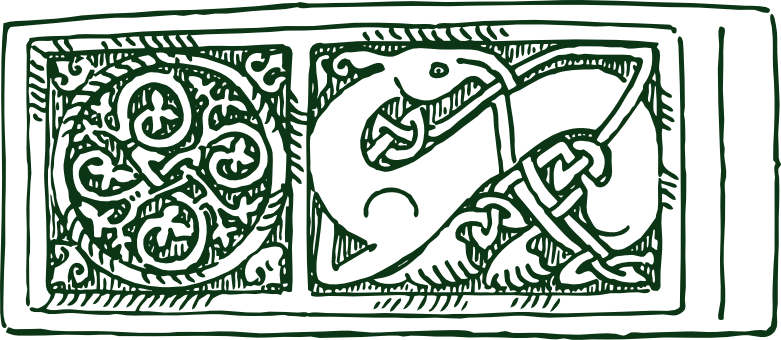David Dutton
On the annual Members' Night, David Dutton, one of the Society's Vice Presidents, gave a lively and thought-provoking talk on the Munich Crisis of September 1938. He first displayed a photograph of the famous document, signed by Neville Chamberlain as British Prime Minister and by Adolf Hitler, Chancellor of Germany, which the former flourished on his return home saying 'Peace for our time.' It stated clearly that their two nations desired never to go to war again and that consultations should be employed to settle any other questions, yet war followed in less than a year.
Chamberlain was later accused of appeasement in the face of an international bully but this term had previously been understood to imply the ensuring of peace by negotiation. A year later he was to be condemned as weak and duped by Hitler. In 2000 a poll revealed that the British rated him eighteenth among their twentieth-century prime ministers, superior only to Anthony Eden. He has no memorial even in his native Birmingham. He was often accused of appeasement In a derogatory sense by later politicians and justification of his actions seemed detrimental to their careers.
In fact the principles of British foreign policy had been determined by the Cabinet in March 1938 after the Anschluss or German annexation of Austria. The British government concluded that Czechoslovakia was an indefensible creation which ignored the principle of national self-determination adopted by the Versailles peace treaty. Britain's main strength was her navy but Czechoslovakia was land-locked. France was evidently unwilling to honour her treaty with Czechoslovakia and Soviet Russia was geographically too distant to act. The British Cabinet had decided not to risk war to prevent Sudetenland Germans joining with Germany. In addition Britain was ill-prepared for war in 1938 and the population wanted peace rather than a repetition of the horrors of the First World War.
As diplomatic negotiations had made no progress by summer 1938 Chamberlain sent the former cabinet minister Viscount Runciman to visit Germany but without result. He then took the very unusual step of inviting himself to visit Hitler and agreed provisionally that Sudetenland should be separated from Czechoslovakia. He did not expect German implementation to follow quickly, but Hitler demanded immediate occupation. Lord Halifax and the British Cabinet objected but Chamberlain declared that it was extraordinary for the British to be preparing for war over 'a faraway country’.
Hitler then invited Chamberlain to visit Germany again to the open delight of the members of the House of Commons, where he received the message, and the approval of President Roosevelt of the U.S.A. He secured minor concessions from Hitler and the famous piece of paper. He received more than 40,000 grateful letters and King George invited him to join him on the Buckingham Palace balcony to receive the acclaim of the London populace.
David Dutton asked the audience if, with hindsight, they thought that Chamberlain’s visits to Germany were justified. He said that in 1938 most political commentators did not realise that Hitler's underlying intentions extended far beyond reuniting all ethnic Germans. Like most of his generation Neville Chamberlain had been deeply scarred by the First World War although he had been too old for active service. Britain had suffered three quarters of a million deaths and Chamberlain believed that in war there were no victors. The death of his closest friend and cousin had caused him to stand for Parliament in 1918. He had been an impressive social reformer and was disappointed that as prime minister he had to concentrate on foreign affairs.
The Spanish Civil War had emphasised the effects of aerial war on civilians. Contemporary commentators forecast enormous numbers of civilian casualties in the first few weeks of hostilities as it was believed that 'the bombers will always get through'. As Chancellor of the Exchequer Chamberlain had persuaded the government to develop the defensive power of Hurricanes and Spitfires to protect the British population from air raids because he had realised that it would not be possible to compete with Germany's production of bombers. Might he have increased expenditure on defence? He realised that a balanced national economy would be a vital factor in any war.
In addition Chamberlain knew that as late as March 1918 Germany might have won the First World War and that the international situation in 1938 was even less favourable to Britain. The U.S.A. was aloof, Fascist Italy was already Germany's ally and Japan was likely to join them, so a war on three fronts was a possibility. The independent British Dominions might not support Britain. France seemed to be the only potential ally. Chamberlain believed that if Britain had time to build up her resources Hitler might not risk war but by 1939 the Chancellor had proved himself untrustworthy.
Finally David Dutton asked the audience to consider what their decisions might have been in 1938.
A.F.
